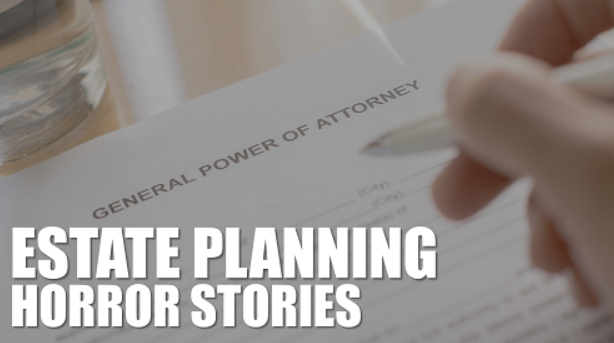
When working on construction or renovation projects, contractors, subcontractors, and suppliers want to ensure they get paid for their work. A mechanics lien is a powerful legal tool that protects their right to compensation. However, for property owners, an unexpected lien can cause significant issues. Whether you’re a contractor filing a lien or a property owner facing one, knowing how mechanics liens work is crucial.
What Is a Mechanics Lien?
A mechanics lien is a legal claim against a property for unpaid construction work or materials. It serves as security for contractors, subcontractors, and suppliers, ensuring they are compensated for their labor and materials. Once filed, it becomes a cloud on the property’s title, making it difficult to sell or refinance until the debt is settled.
How Contractors Use Mechanics Liens to Get Paid
If a property owner or general contractor fails to pay, subcontractors and suppliers can file a lien against the property. Here’s how the process generally works:
- Preliminary Notice – Many states require subcontractors and suppliers to send a notice of intent to file a lien before actually filing. This alerts the owner and gives them a chance to resolve the payment issue.
- Filing the Lien – If payment isn’t received, the contractor files a mechanics lien with the county recorder’s office where the property is located. This must be done within a strict timeframe, which varies by state.
- Enforcing the Lien – If the owner still doesn’t pay, the contractor may initiate a lawsuit to enforce the lien and possibly force the sale of the property to recover their payment.
How Property Owners Can Protect Themselves
While mechanics liens protect contractors, they can create headaches for property owners. Here’s how to safeguard against unexpected liens:
- Get Lien Waivers – Before making payments, request lien waivers from contractors and suppliers to confirm they’ve been paid and won’t file a lien.
- Verify Payments – Ensure the general contractor is paying subcontractors and suppliers on time. Direct payment options may be necessary in some cases.
- Understand State Laws – Each state has specific rules on filing and contesting mechanics liens. Property owners should be aware of their legal rights and options.
- Act Quickly – If a lien is filed, owners can negotiate payment, dispute the claim, or challenge it in court to prevent delays in refinancing or selling their property.
Legal Help for Contractors and Property Owners
Whether you’re a contractor needing to secure payment or a property owner dealing with a lien, legal guidance is essential. At The Law Office of Dionna Reynolds LLC, we help clients navigate mechanics liens, ensuring their rights and financial interests are protected.
Need assistance with a mechanics lien? Contact us today for expert legal support.




